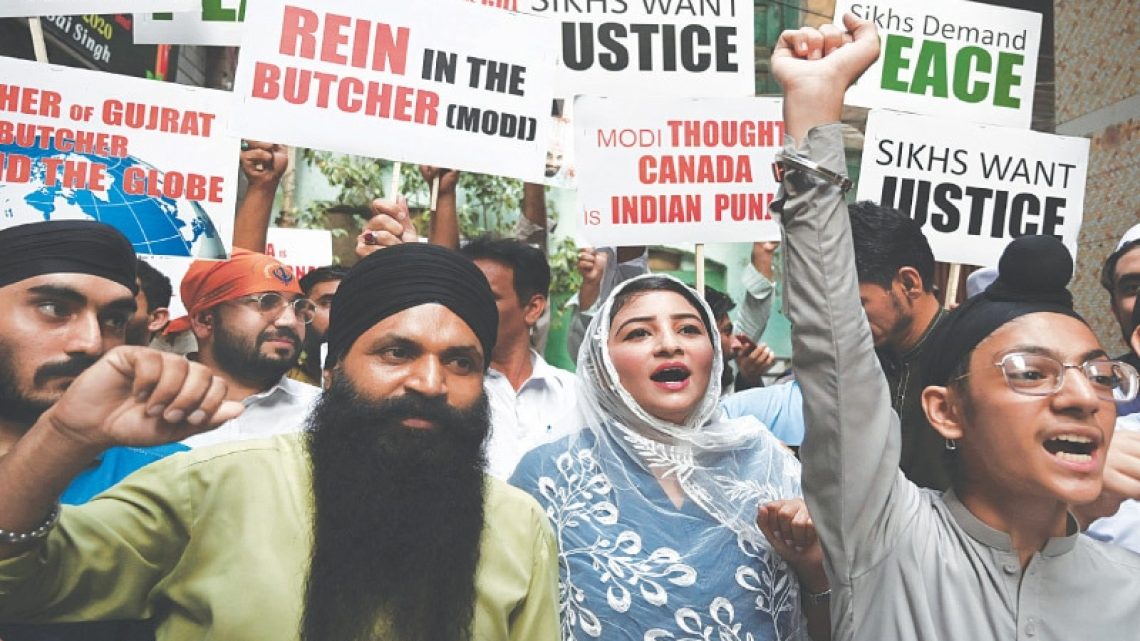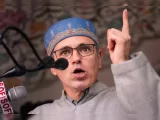
Canada Reaffirms Allegations of Indian Involvement in Sikh Activist’s Killing
May 9, 2024In a recent development, Canada has reaffirmed its stance on the controversial case of Sikh activist Hardeep Singh Nijjar, reiterating allegations of Indian involvement in his killing on Canadian soil. The renewed assertion comes in the wake of the arrest of three Indian nationals by Canadian authorities, purportedly linked to Nijjar’s murder.
Canadian Foreign Minister Melanie Joly, addressing reporters, emphasized that Ottawa stands by its claims despite escalating tensions. Joly stressed the importance of allowing the ongoing investigation by the Royal Canadian Mounted Police (RCMP) to proceed without external interference or commentary. “We stand by the allegations that a Canadian was killed on Canadian soil by Indian agents,” she asserted, underlining the gravity of the situation.
Joly emphasized the government’s commitment to maintaining diplomatic channels with India, expressing a preference for private discourse over public confrontation. “My goal is still to conduct diplomacy with India in private,” she stated, signalling a diplomatic approach amidst the unfolding controversy.
The arrests made by Canadian police last Friday further intensified the already fraught situation. The three individuals apprehended were identified as Indian nationals, allegedly part of a clandestine hit squad implicated in Nijjar’s assassination in British Columbia the previous year. The arrests underscored Canada’s determination to pursue justice in the case, despite potential diplomatic repercussions.
Prime Minister Justin Trudeau had previously weighed in on the matter, asserting Indian government involvement in Nijjar’s shooting in September of the preceding year. Trudeau’s statement had initially sparked a diplomatic row between Canada and India, highlighting the sensitivity and complexity surrounding the issue.
The latest developments add another layer of complexity to the strained relations between the two countries. While Canada stands firm on its allegations, India has denied any involvement in Nijjar’s killing, dismissing the accusations. The differing narratives have fueled tensions and raised concerns about the future trajectory of bilateral relations.
The case of Hardeep Singh Nijjar’s death serves as a flashpoint, reflecting broader issues concerning Sikh activism and Indo-Canadian relations. The incident has reignited debates surrounding political asylum, extraterritorial security operations, and the delicate balance of diplomatic relations between nations.
As the investigation unfolds, both Canada and India find themselves navigating a delicate diplomatic tightrope. The outcome of the probe and the subsequent diplomatic dialogue will likely have far-reaching implications for bilateral ties and the broader geopolitical landscape. In the meantime, the reaffirmation of allegations by Canada underscores the gravity of the situation and the complexities involved in seeking justice across international borders.

